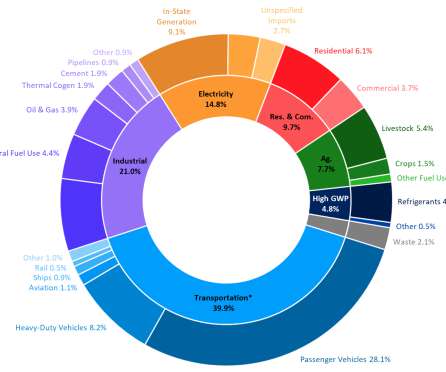CSIRO study finds ozone uptake in oceans much lower than previously thought
Green Car Congress
JULY 31, 2019
CSIRO scientists have developed a new way to account for ozone in computer simulations of the climate. This latest modeling shows that the oceans take much less ozone out of the atmosphere than previously thought. Ozone (O 3 ) is formed by reactions of chemicals such as nitrogen oxides and volatile organic compounds—i.e.,


































Let's personalize your content